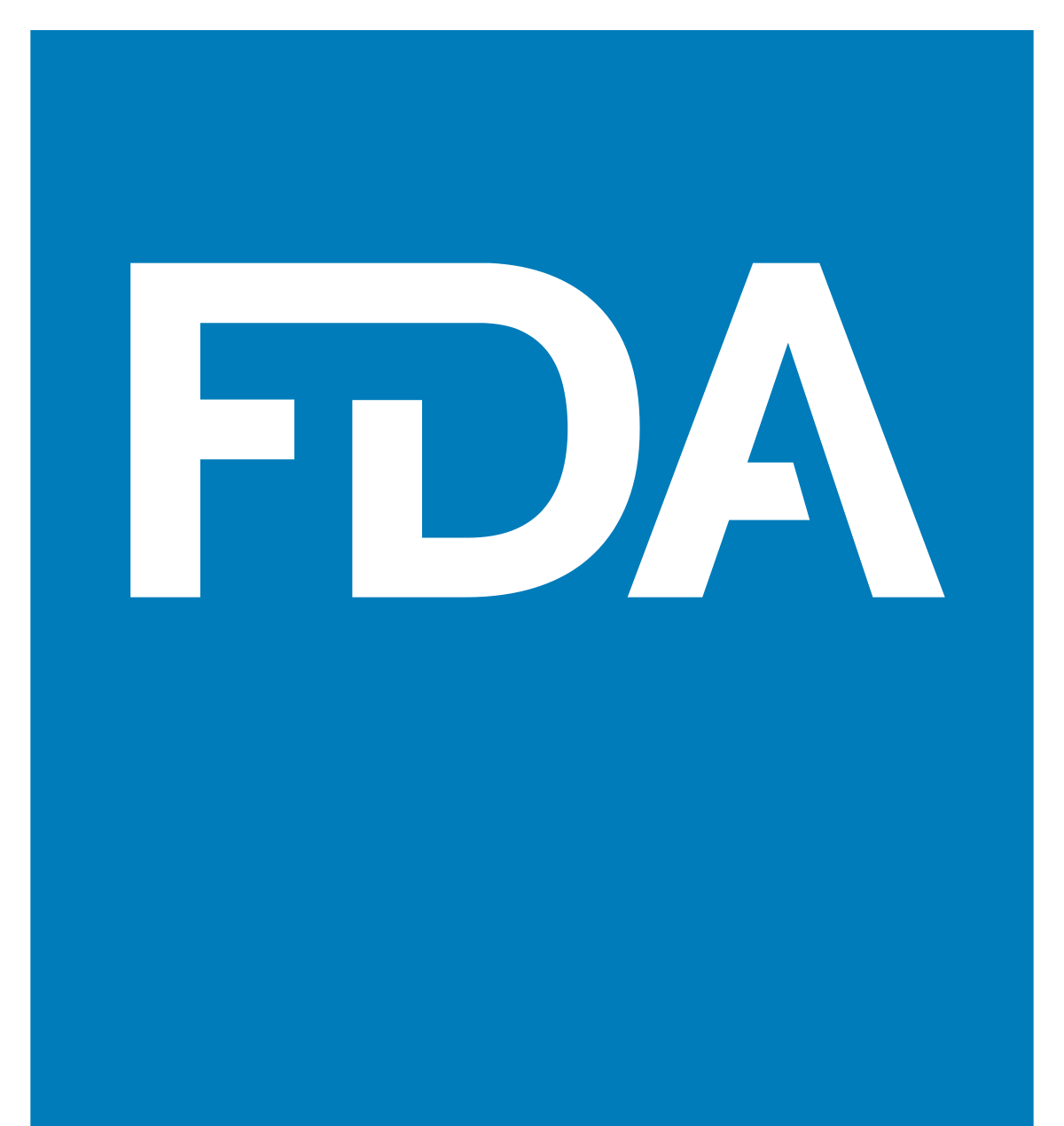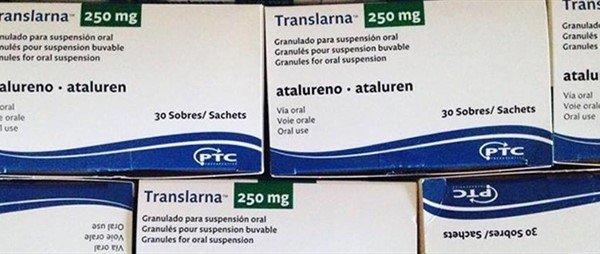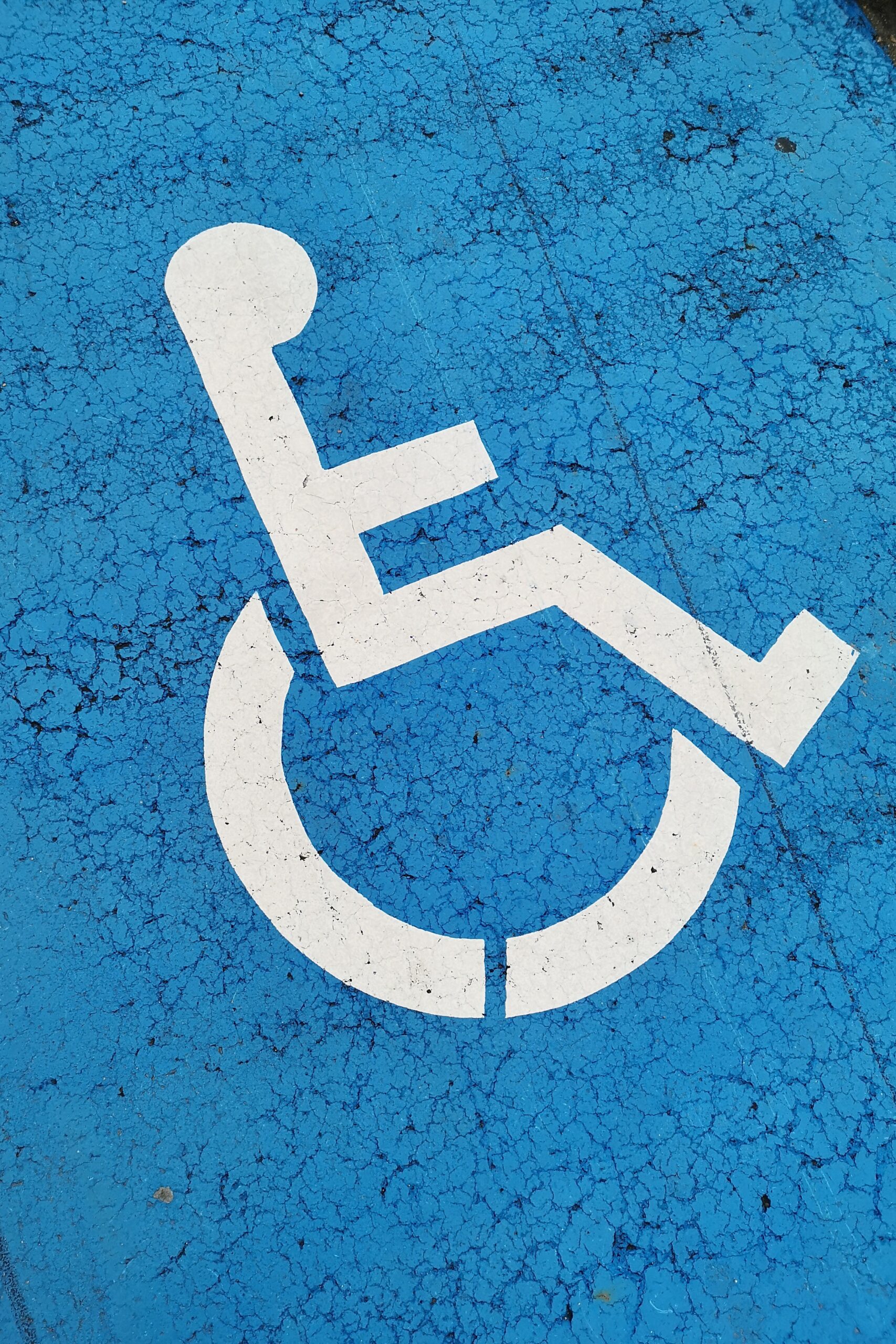NICE release statement on continued access to ataluren (Translarna) for DMD patients
In 2016, The National Institute for Health and Care Excellence (NICE) agreed a managed access agreement (MAA) with pharmaceutical company PTC Therapeutics for a drug called ataluren (also known by the brand name ‘Translarna’) to treat qualifying DMD patients.
This agreement means that ataluren has conditional marketing authorisation in the UK; this is based on the condition that PTC Therapeutics provides continued evidence for the effectiveness and safety of the drug from an ongoing study.
Ataluren has now left managed access, and is currently being re-evaluated in a NICE process which Duchenne UK is taking part in. A public committee meeting is scheduled for 8 September 2022 and a conclusion expected in early 2023. You can find out more about the NICE re-evaluation here.
In the meantime, NICE and NHS England have produced a statement for anyone with an interest in ataluren:
‘NHS England and PTC therapeutics have agreed an arrangement to ensure continuity of care for patients who are currently treated with ataluren as part of the managed access agreement, after the managed access agreement has expired, where clinically appropriate. Therefore, patients who are currently treated with ataluren in the managed access agreement will continue to be able to access treatment, if this is deemed clinically appropriate, should NICE be unable to make a positive NICE recommendation’
This means that – as long as their doctor agrees it is necessary – any patient currently receiving ataluren will continue to do so regardless of NICE’s decision at the end of this re-evaluation.
Ataluren can only be prescribed to patients who have a specific type of genetic defect called a nonsense mutation. Find out more about ataluren and other treatments currently available for DMD in the UK here.

 Read more
Read more

 Read More
Read More





